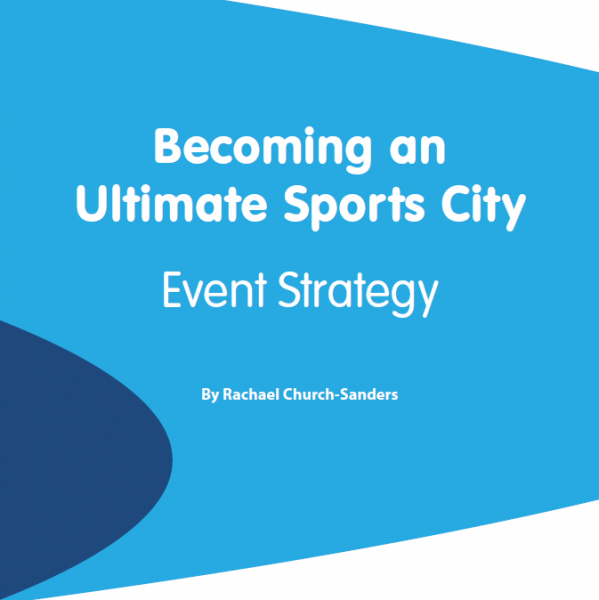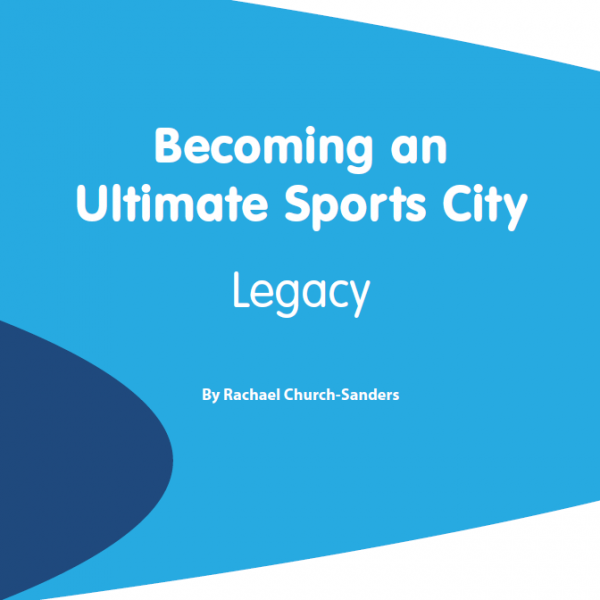PwC
Ex-FA sponsorship chief Daire joins PwC Dubai
PwC Sports Survey: Controlling costs more important than increasing revenues
PwC joins Paris 2024 domestic sponsorship programme
PwC audit reveals no corrupt conduct in ‘Barçagate’ scandal
PwC brought in to aid Premiership Rugby’s restart plan
Audit report sheds light on potential financial irregularities in African football
New club competition, quadrennial Afcon in Fifa’s vision for African football
RFU extends Bollinger deal, PwC continues with IRFU
Study: 4.6-per-cent media-rights growth to drive North American sports market
Emerging technologies biggest cause for optimism in PwC’s Sports Survey 2019
African club football set for ‘radical transformation’, PwC lands CAF reform contract
IOC names boxing qualification hosts for Tokyo 2020, partners with PwC
Raising the House
With costs spiralling to unprecedented heights and funding becoming increasingly difficult to secure, Elisha Chauhan looks at how sports properties can maximise their ability of raising capital for stadium developments.
Becoming an Ultimate Sports City – Event Strategy | Introduction – Latest thinking and expert discussion on event strategy
 There are many factors that make a city a world-class events host and many cities that believe they have what it takes when it comes to staging major events. Over the last decade, the process of bidding for major events and subsequently hosting them has become more sophisticated, with cities realising that they need to tick an increasing list of boxes to establish whether costs are worth the returns.
There are many factors that make a city a world-class events host and many cities that believe they have what it takes when it comes to staging major events. Over the last decade, the process of bidding for major events and subsequently hosting them has become more sophisticated, with cities realising that they need to tick an increasing list of boxes to establish whether costs are worth the returns.
Becoming an Ultimate Sports City – Event Strategy | Case studies – Melbourne
 Melbourne was the top ranked city in the 2014 Ultimate Sports Cities rankings in the category of Event Strategy. Melbourne's Victorian Major Events Company (VMEC) is one of the world’s leading events acquisition groups. Developed in 1991, VMEC is recognised as a competitive and highly successful organisation that has secured countless sporting and cultural events for Melbourne’s major events calendar.
Melbourne was the top ranked city in the 2014 Ultimate Sports Cities rankings in the category of Event Strategy. Melbourne's Victorian Major Events Company (VMEC) is one of the world’s leading events acquisition groups. Developed in 1991, VMEC is recognised as a competitive and highly successful organisation that has secured countless sporting and cultural events for Melbourne’s major events calendar.
Becoming an Ultimate Sports City – Legacy | Introduction – Latest thinking and expert discussion on legacy
 Countries and cities have various reasons for bidding to host an event beyond financial gain. Legacies can include improving the image of the city or country, putting it on the map in terms of attracting future events, creating a positive economic impact from increased tourism (the subject of a later report in this series), building venues and facilities that will enhance the health of a nation and help develop new sports stars, and improved infrastructure in areas from transport to telecoms and beyond.
Countries and cities have various reasons for bidding to host an event beyond financial gain. Legacies can include improving the image of the city or country, putting it on the map in terms of attracting future events, creating a positive economic impact from increased tourism (the subject of a later report in this series), building venues and facilities that will enhance the health of a nation and help develop new sports stars, and improved infrastructure in areas from transport to telecoms and beyond.
Becoming an Ultimate Sports City – Legacy | Case studies – Auckland
 Auckland was ranked first in the 2014 Ultimate Sports Cities rankings in the category of Legacy. Each major event supported by Auckland Tourism Events and Economic Development (ATEED), the body responsible for such events in the city, must have a plan that sets out the legacy that the event organiser will work towards.
Auckland was ranked first in the 2014 Ultimate Sports Cities rankings in the category of Legacy. Each major event supported by Auckland Tourism Events and Economic Development (ATEED), the body responsible for such events in the city, must have a plan that sets out the legacy that the event organiser will work towards.
Becoming an Ultimate Sports City – Legacy | Case studies – London
 London was ranked second in the 2014 Ultimate Sports Cities rankings in the category of Legacy. The London 2012 Summer Olympic and Paralympic Games were a huge global marketing showcase for London. The city is delivering the legacy of 2012 by maintaining the momentum and enthusiasm for major sporting events, and using its infrastructure, logistics and expertise to host more events.
London was ranked second in the 2014 Ultimate Sports Cities rankings in the category of Legacy. The London 2012 Summer Olympic and Paralympic Games were a huge global marketing showcase for London. The city is delivering the legacy of 2012 by maintaining the momentum and enthusiasm for major sporting events, and using its infrastructure, logistics and expertise to host more events.
